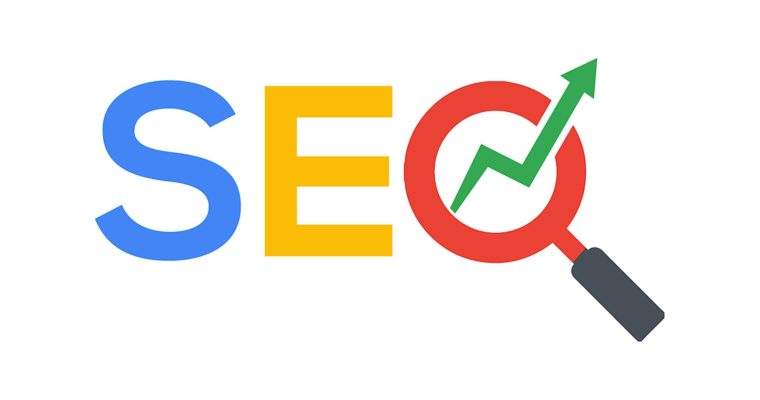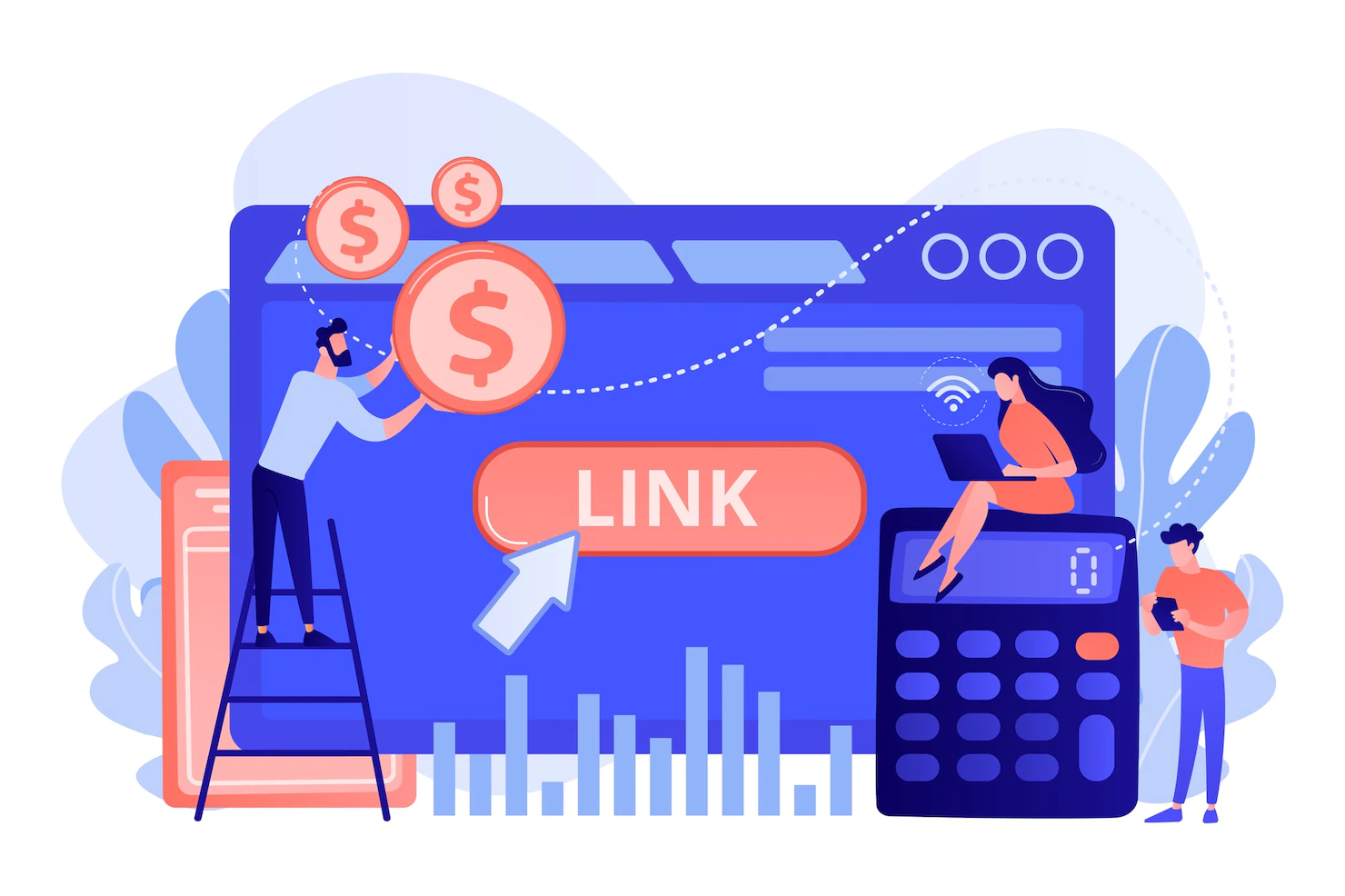In this article, we have featured SEO vs PPC: Which is best for your brand? If you’re having trouble getting the word out about your brand new company venture, you’re not alone in your difficulties.
Many people who start their own businesses face the same challenge that you do in the beginning stages of their endeavors: gaining customers.
It might be challenging to find a point of equilibrium between the costs, the maintenance, and the results of a marketing endeavor.
The majority of the time, resolving this issue may be accomplished with either search engine optimization (SEO) or pay-per-click (PPC) marketing campaigns, both of which are considered marketing strategies. Which tactic, on the other hand, is going to be most effective for you?
What exactly is SEO?

The process of boosting your website’s exposure in order to achieve a higher ranking in search engines and increase the amount of organic traffic it receives is referred to as search engine optimization (SEO).
Consumers looking for information head to search engines like Google and Bing in droves, just like you do when you want to learn a new marketing acronym or find a place to grab a decent slice of pizza.
When you make an investment in search engine optimization, you enhance the possibility that members of your target audience will find you when they conduct a Google search for phrases related to your product or service (SEO).
In point of fact, sixtieth-one percent of marketers think that search engine optimization is the most significant component of inbound marketing for their organization. However, it is far simpler to say than it is to actually accomplish.
What exactly is PPC?
When a company wants to reach new customers, they often turn toward search engine marketing. With pay-per-click (PPC) advertising, there is no cost at all if an advertisement clicks with someone who uses it – the advertiser only pays when those people convert into paying clients!
This form of digital service can be used by any business looking for more leads and sales as well because even small ad spaces have been known not just to generate lots o fast traffic but also loyal brand advocates
Sponsored ads show up alongside organic search results and can be a great way to promote one-time marketing initiatives, such as product debuts. Companies like HelloFresh use bidding on their own brand name in order reach new customers with targeted campaigns that will eventually come full circle back around again once the promotion has ended!
The price of pay-per-click (PPC) adverts is frequently determined by the nature of your business and the number of times people search for the keywords you want to target.
Even if you do not have a sufficient amount of domain authority to rank your website organically on search engines, pay-per-click (PPC) advertising can still assist your company in remaining competitive in a crowded market and quickly getting in front of the people it is trying to attract.
Which is more effective: SEO vs PPC?

The response to the question of which is superior, search engine optimization (SEO) or pay-per-click (PPC) advertising, is the same as the response to the question of whether it is preferable to eat with a fork or a spoon: it depends.
Are you planning on serving pasta? Yes, could you just hand me a fork? Soup? When it comes to eating, I much rather use a spoon. In a similar vein, there are a variety of circumstances in which search engine optimization (SEO) is superior than pay-per-click (PPC) advertising, and the same is true in reverse.
Let’s take a more in-depth look at a few of these potential outcomes, shall we?
If you want to use SEO, you should…
- You have a limited marketing budget.
- You would like to raise the level of credibility associated with your brand.
- Over the course of time, you want to ensure that your investment brings you the greatest potential return (ROI).
- It is important for you to produce content that is applicable to various points along the path that your audience takes through the sales funnel.
If you want to use PPC, you should…
You’d obtain greater success with PPC if you used it in the following situations:
- You’re looking for results as soon as possible.
- Your product is innovative or one-of-a-kind in the market.
- You’re marketing a limited-time offer, such as a holiday sale, and time is of the essence.
- A sales or landing page is where you want to direct your audience’s attention.
SEO vs PPC Comparison Statistics

SEO
In terms of global online traffic, Google accounts for more than 92.47 percent of all traffic.
- Only 0.21 percent of all content on the internet receives more than 1000 views on average per month, and 90.63 percent of all content on the internet receives no traffic at all from Google.
- In the year 2020, organic link clicks made up 35.18 percent of the total number of Google searches that were performed using a browser.
- More than ninety-nine point two percent of all pages on websites have fewer than one hundred inbound links.
- Google processes more than 5.6 billion search queries each and every day (or 2 trillion searches per year.)
- SEO is an area that is now receiving investments from sixty-four percent of all marketers.
PPC
According to Google, the fight against ad blocking is losing steam as more and more people continue using it.
The company has seen an increase in revenue from its Display Network that will reach $144 billion by 2021 with 90% coverage across all internet users globally.
CPCs vary depending on the industry but are usually lower than other advertising channels like Facebook or Twitter because they don’t need much interactivity from viewers which makes them less likely candidates for paying customers who might be distracted during their browsing session.
Conclusion: SEO vs PPC 2024
The choice between search engine optimization and pay-per-click advertising boils down, in the end, to the specifics of your firm.
Take your time and carefully consider the benefits and drawbacks of both search engine optimization and pay-per-click advertising before making a decision on which method is best for your business.
In addition, if you want to be even more successful in your business endeavor, you should combine the two strategies if it is at all possible to do so.
Note from the editor: The previous version of this piece, which was initially published in July 2019, has been updated to make it as comprehensive as is practically possible.







